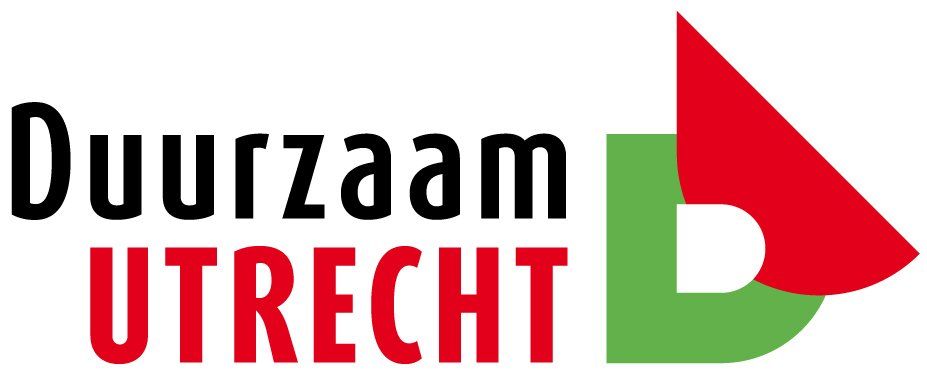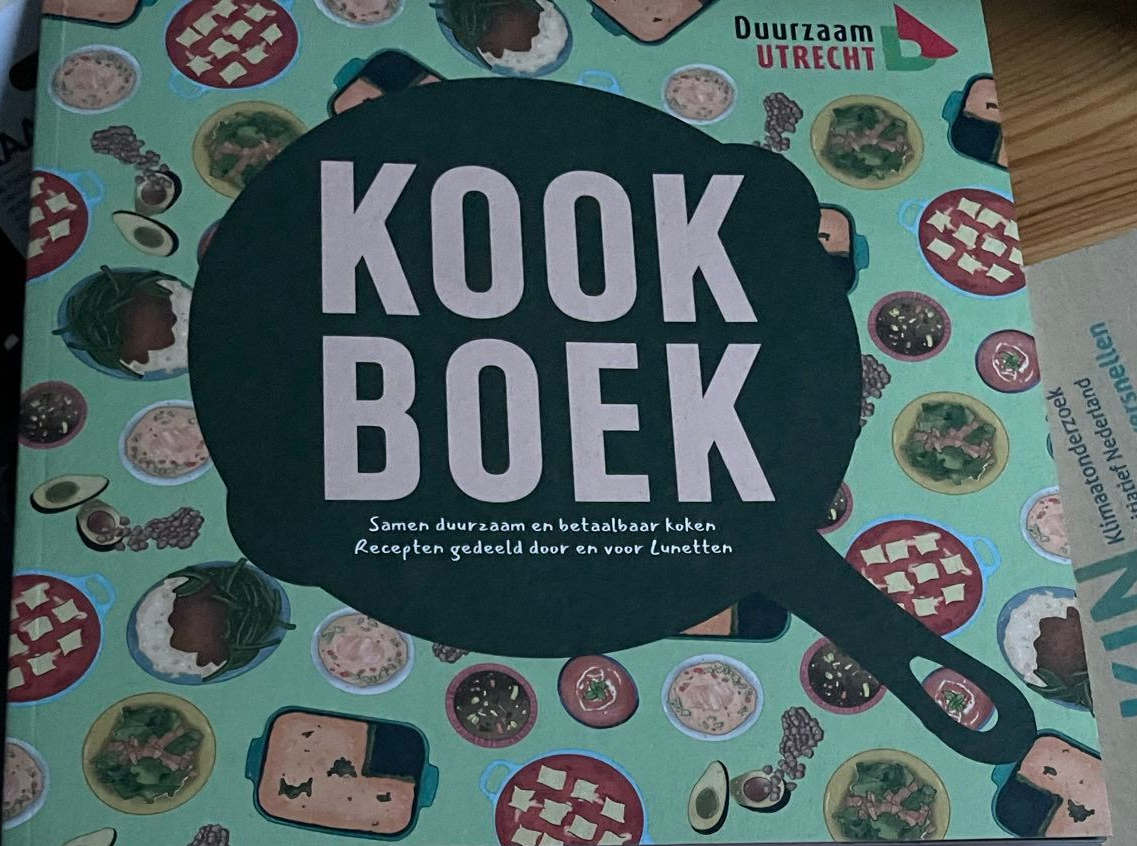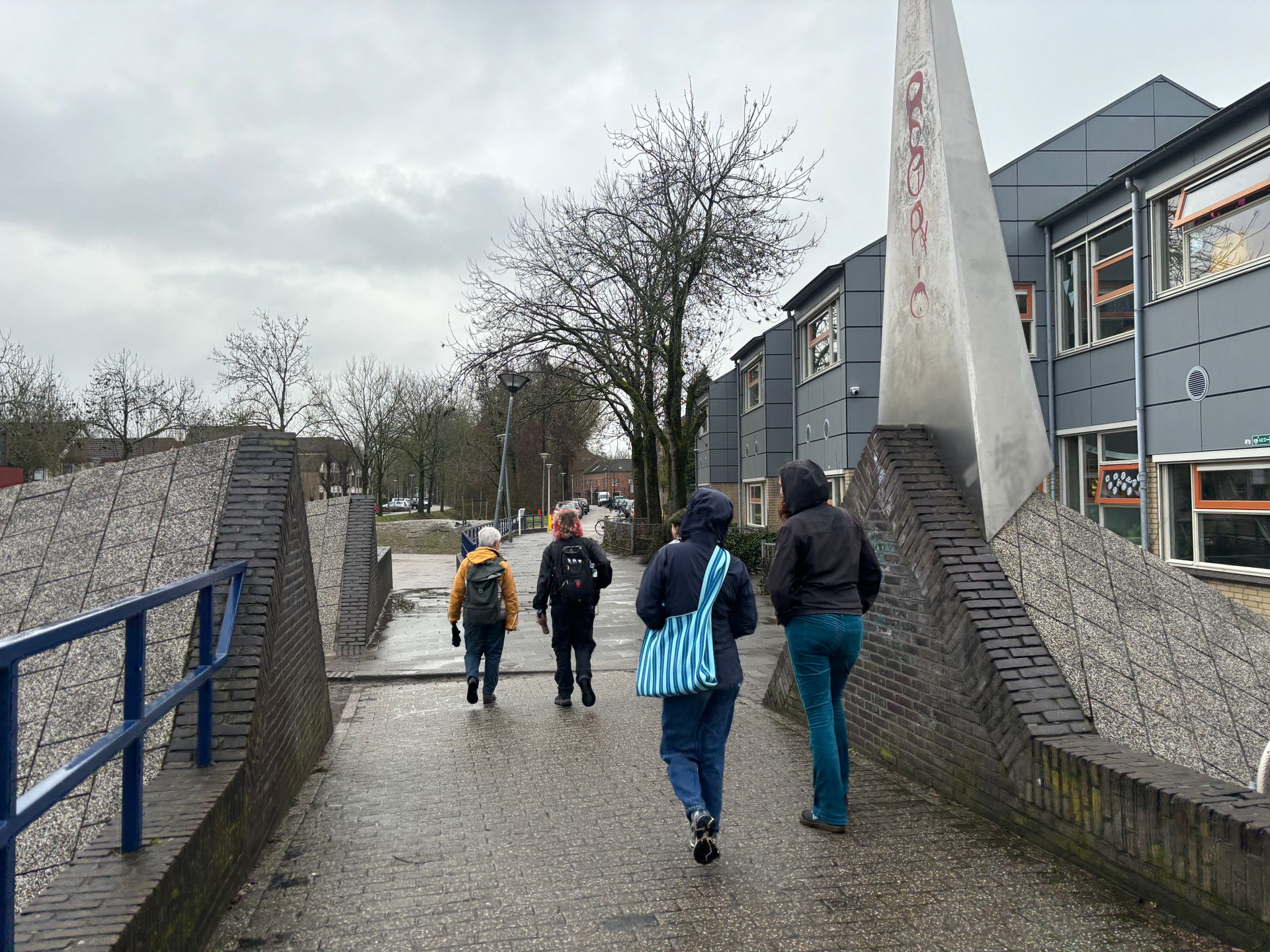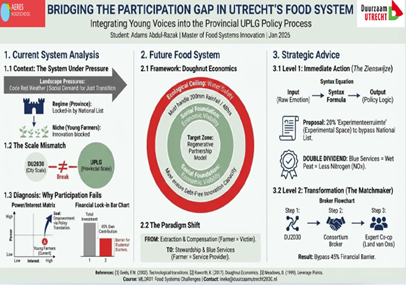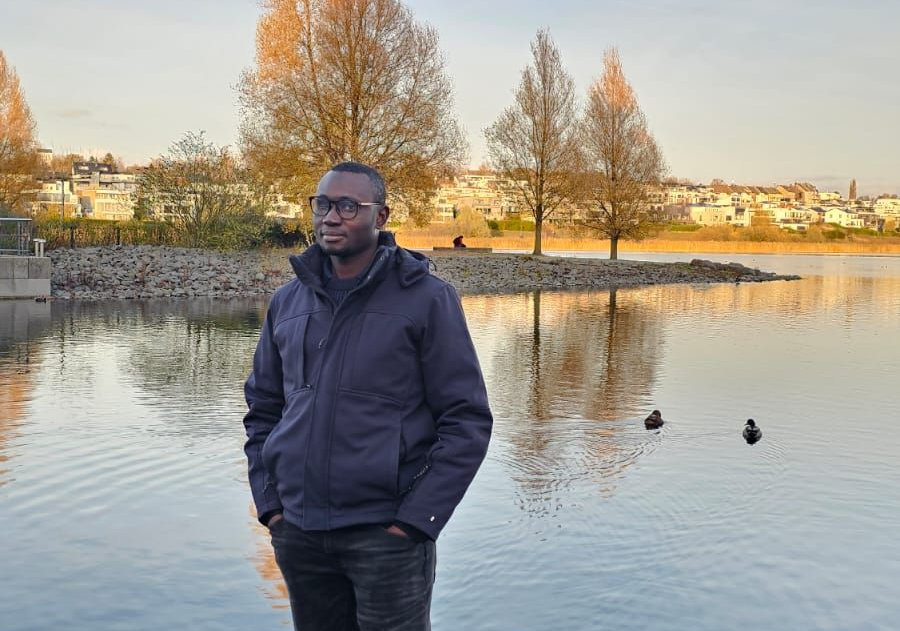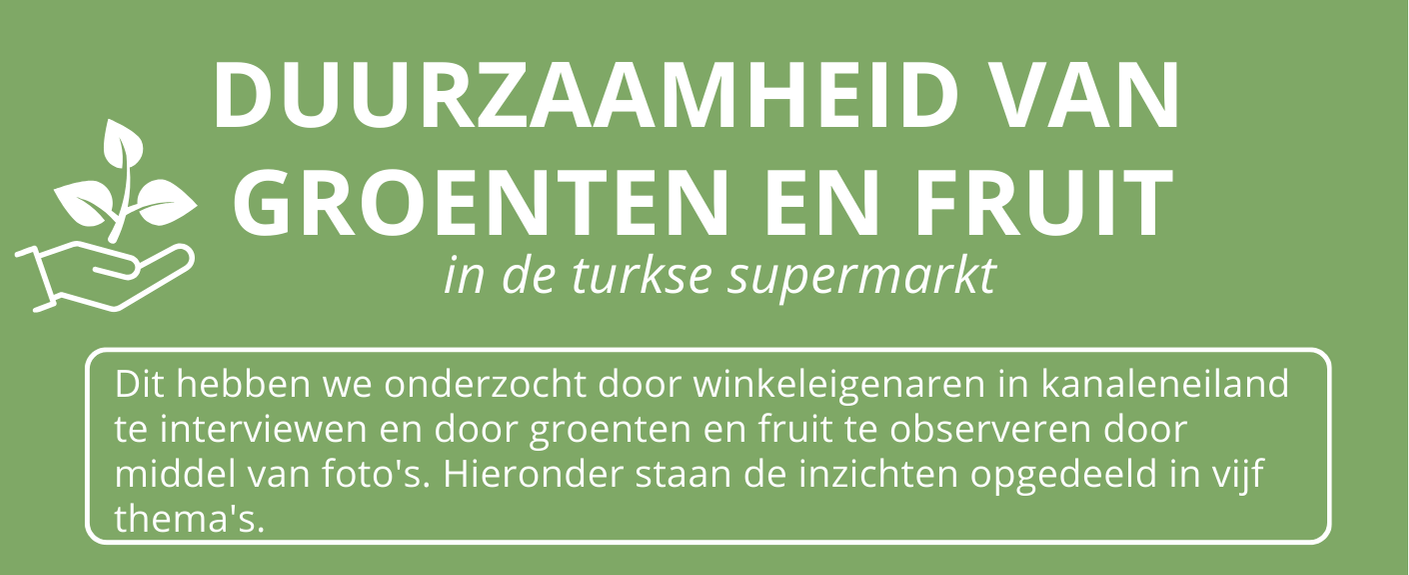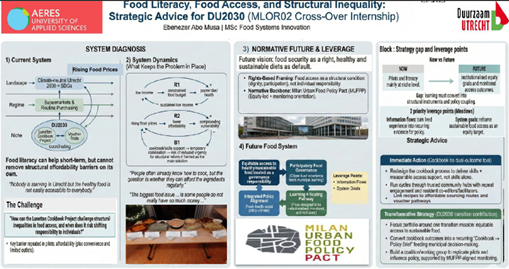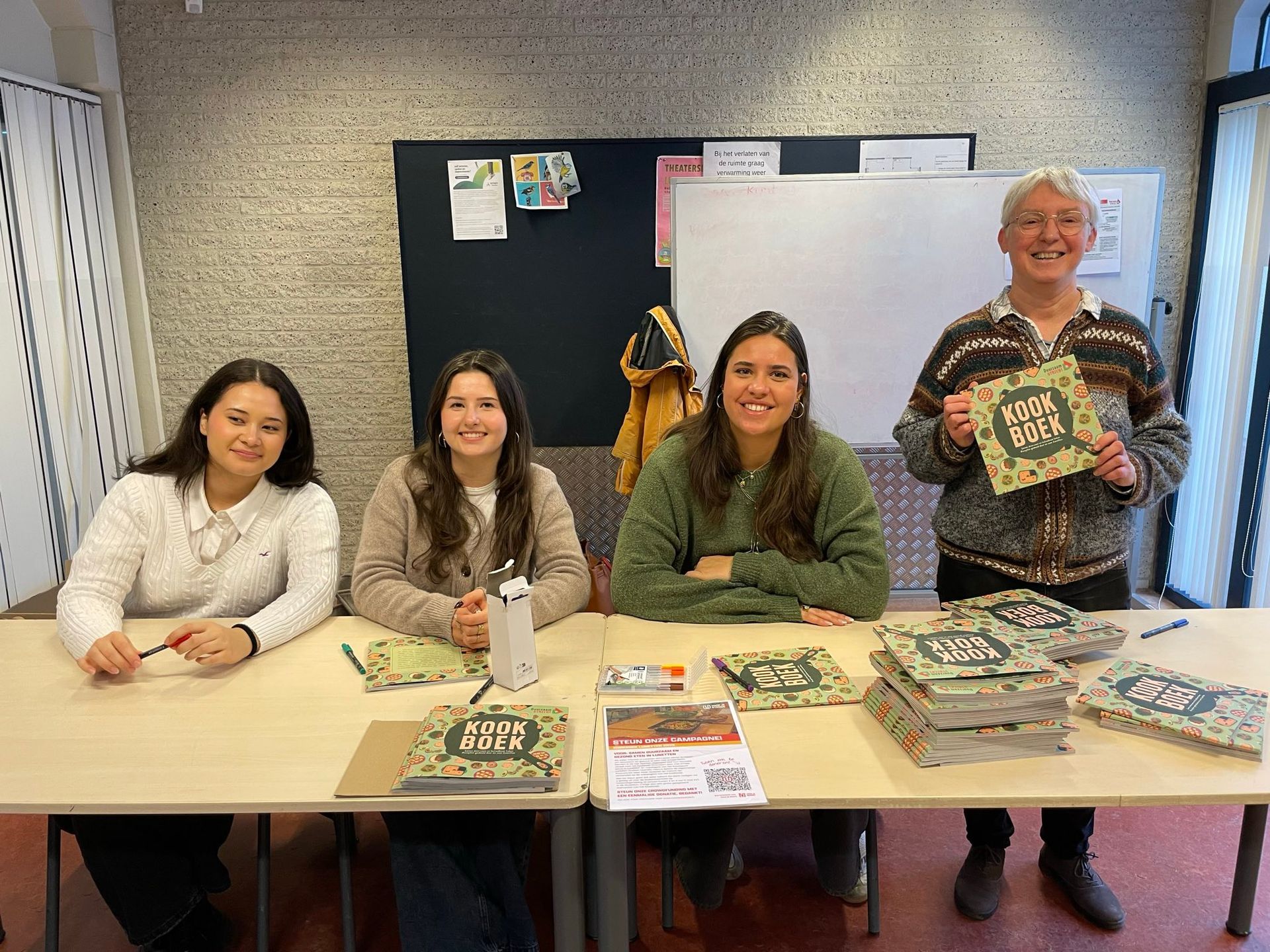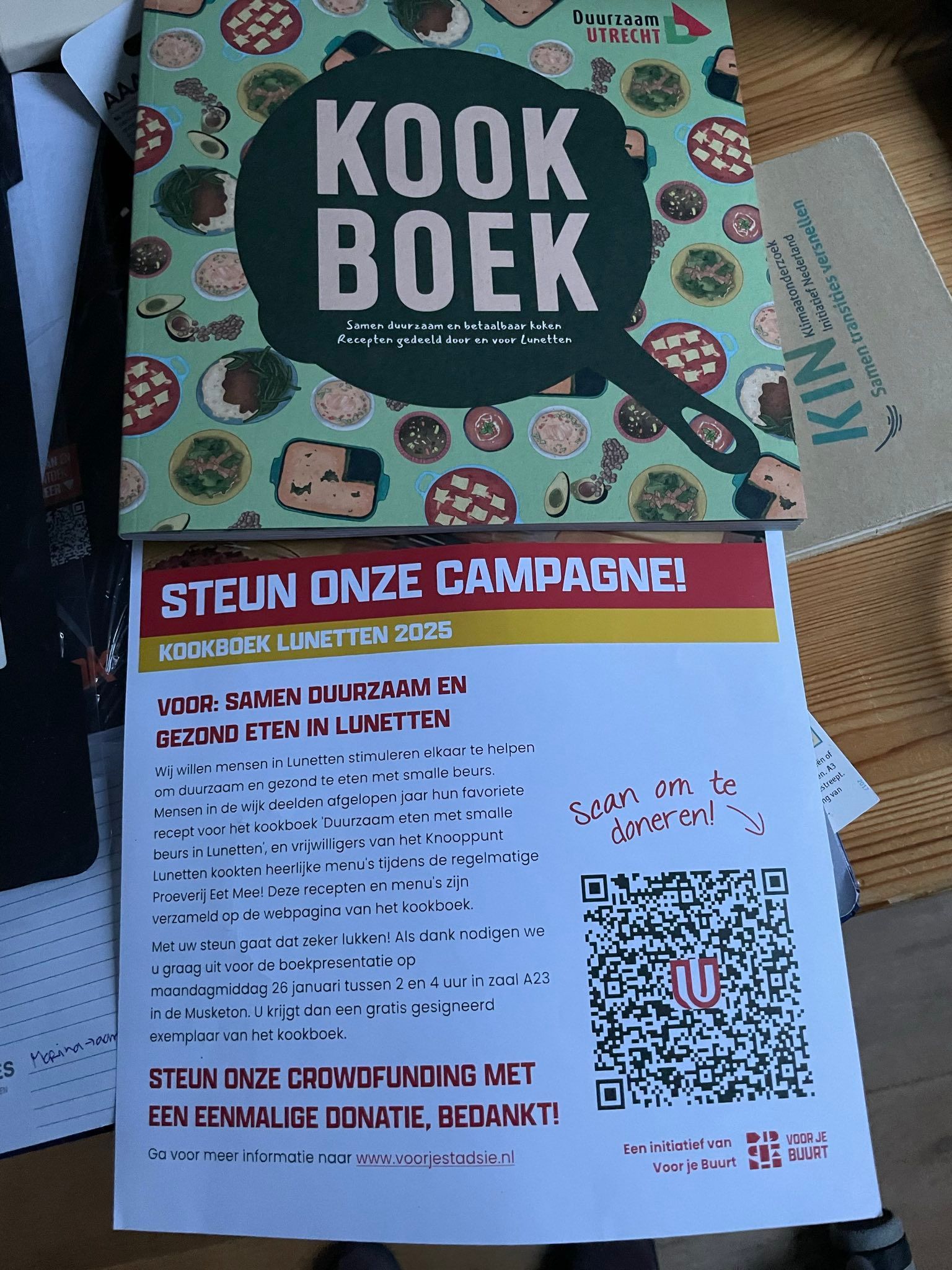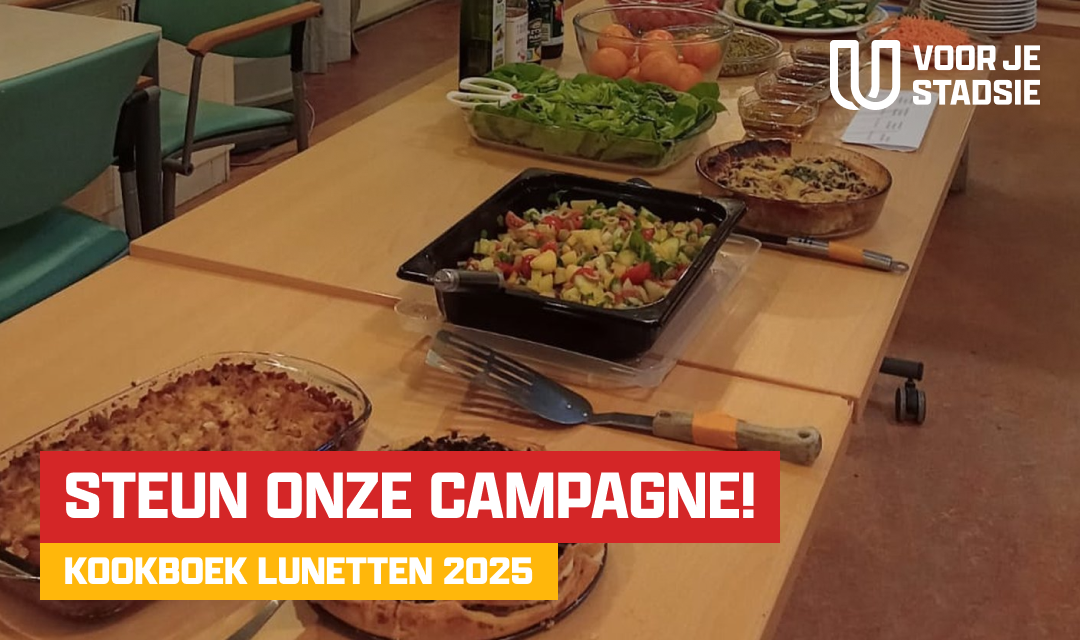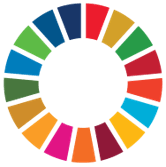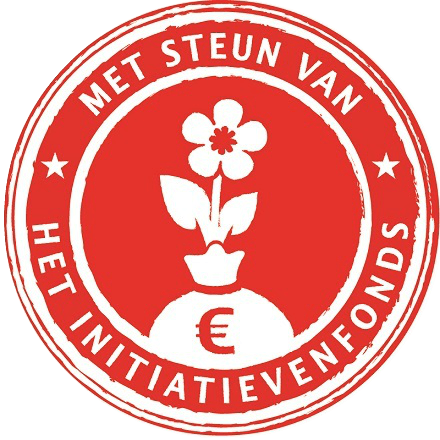October report: Organic produce vouchers
Feedback from Participants
This month, we continued our work at the Stichting Limoenz giveaway shop: distributing vouchers for organic groceries and getting feedback from participants who used them, and made many new contacts with people excited to participate. Read the full reports here: in English or Dutch.
As in our previous surveying, we found that participants emphasized the
inaccessibility and price
of organic produce. Even though they know that organic produce is
healthier, and could help them manage critical health issues such as diabetes, they do not have the time to commute to a specialty store and are not able to afford many products (especially fresh fruit and nuts). The government needs to decrease VAT on organic produce to ensure the health of our community!
Participants also raised concerns about the lack of information available about healthy eating and cooking, and the negative impacts of pesticides (on us and on the environment). We need to come together as a community to organize more events surrounding these topics and create change!
"Big companies stuff everything with additives that make you sick. If you give people a cup of
poison, they don't take it, but in the supermarket they sell products with (agricultural) poison,
namely pesticides on fruit and vegetables."
Additionally, participants expressed that stores that sell organic produce often seem less inviting than larger supermarkets, especially in regards to Ekovers. This has to do with the
lack of demand for organic produce (as is it too expensive!) which means that organic stores cannot display as much food, as it may go bad before it is purchased. To improve this, organic produce stores could focus on advertising, joining
Too Good To Go
to make sure no food is wasted, or promoting the possibility of the
U-Pass. On the topic of food waste, food exchange shelves need to become more visible and centralized, and better managed.
Overall, we received
positive feedback from participants who used our organic grocery vouchers.
“It’s a world of difference from regular fruit from the supermarket.”


